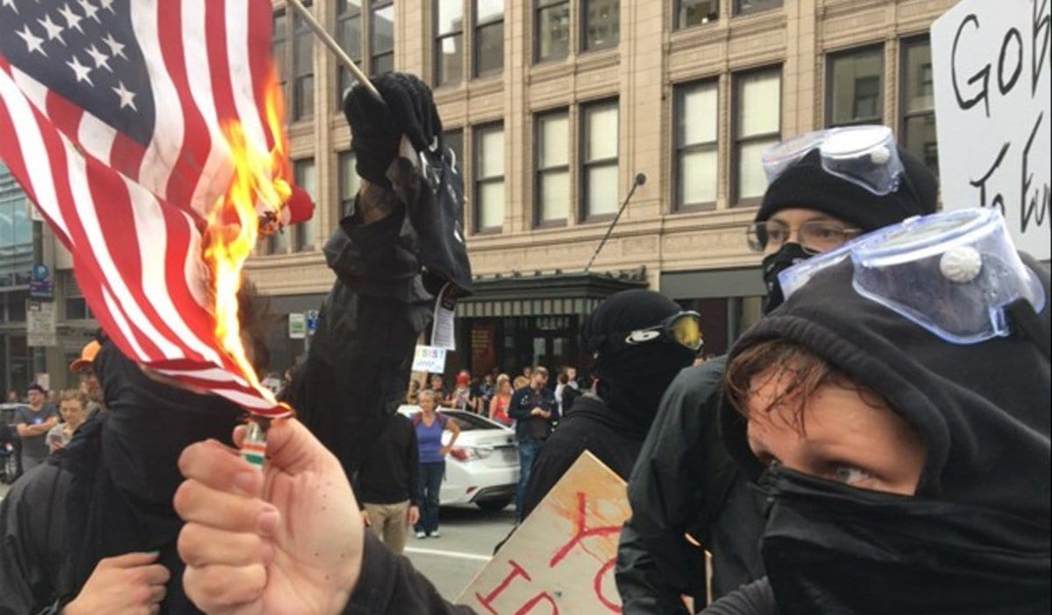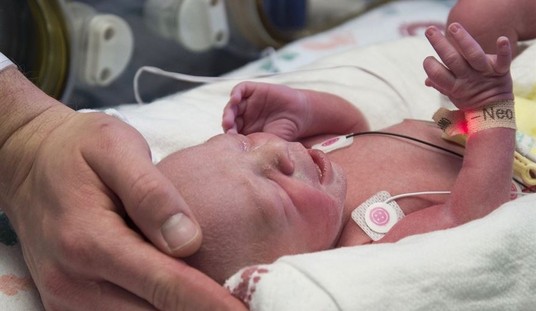Is a group really antifascist jut because it calls itself “antifa”? I suppose it all depends on what “fa” means. Unfortunately, the state of our educational system is such that hardly anybody knows what “fascism” was all about. Most of the time it’s just an epithet slapped on somebody or something that the speaker or writer doesn’t like.
They’ve been around for a while now. We’ve seen them in the streets of Washington, D.C., demonstrating against big international financial institutions. Previously we saw them in Rome, doing their anarchist thing: smashing property, attacking the cops, denouncing capitalism.
They are organized—although the feds haven’t figured out how, exactly
Law enforcement agencies are concerned the weapons of antifa will also become more dangerous as the movement grows. However, they also admit to having “intelligence gaps” with these domestic terrorists.
“There’s a lot more we don’t know about these groups than what we do know about them,” one senior official said.
They are also disciplined. They are not a wildcat group—or groups—and they have learned from overseas cohorts how to anticipate the response of law enforcement authorities.
This gives us a hint of what “fa” means: an antifa rages against duly constituted authority, the institutions of the capitalist system, and the groups advocating what the “antifas” call “white-nationalism.”
Of course, there is always Jonah Goldberg’s bottom line: ideology has nothing to do with all this, just young men with too many hormones looking for somebody to punch out. There is certainly a lot of truth in what he says, but while that might explain acts of violence on any given occasion, here we are dealing with a very widespread movement. I am more inclined to view these acts of violence as a resumption of the revolt against liberal democracy that provides the background for the rise of both fascism and communism in the first place. Think Weimar. Think the sixties, from Berkeley to Paris.
As we follow it along, it is important to avoid at least some of the confusion that has crept into the coverage of the street fighting. First of all there is that annoying use of “nationalism” as if we were just another European country. Nationalism was very important in the emergence of both fascism (and Nazism) and, despite its invocation of “class,” Soviet communism. The three countries involved had not only very strong national identities, but fairly homogeneous national populations. Not so the United States, where our loyalties are pledged to an idea rather than a people or a geographic entity.
I think the ideological component is also significant on both the left and the right. The white supremacists and neo-Nazis are reactionaries, and their energies are devoted to restoring a failed system. The antifas don’t want to restore anything. They want to break up the modern state and, if possible, shatter bourgeois society along with it.
I don’t think either will succeed to any significant extent. The reactionaries are not going to bring back slave society and the anarchists aren’t going to destroy liberal capitalism. The bourgeoisie does not like unrestrained violence, and at a certain point will shut down the current excess of zeal.









Join the conversation as a VIP Member